Pipe dream: Keir Starmer, the new Harold Wilson of the Labour Party
Is the likely new leader of the opposition a slippery opportunist who pretends to be more left-wing than he is, but who might hold the party together well enough to win? John Rentoul examines the evidence

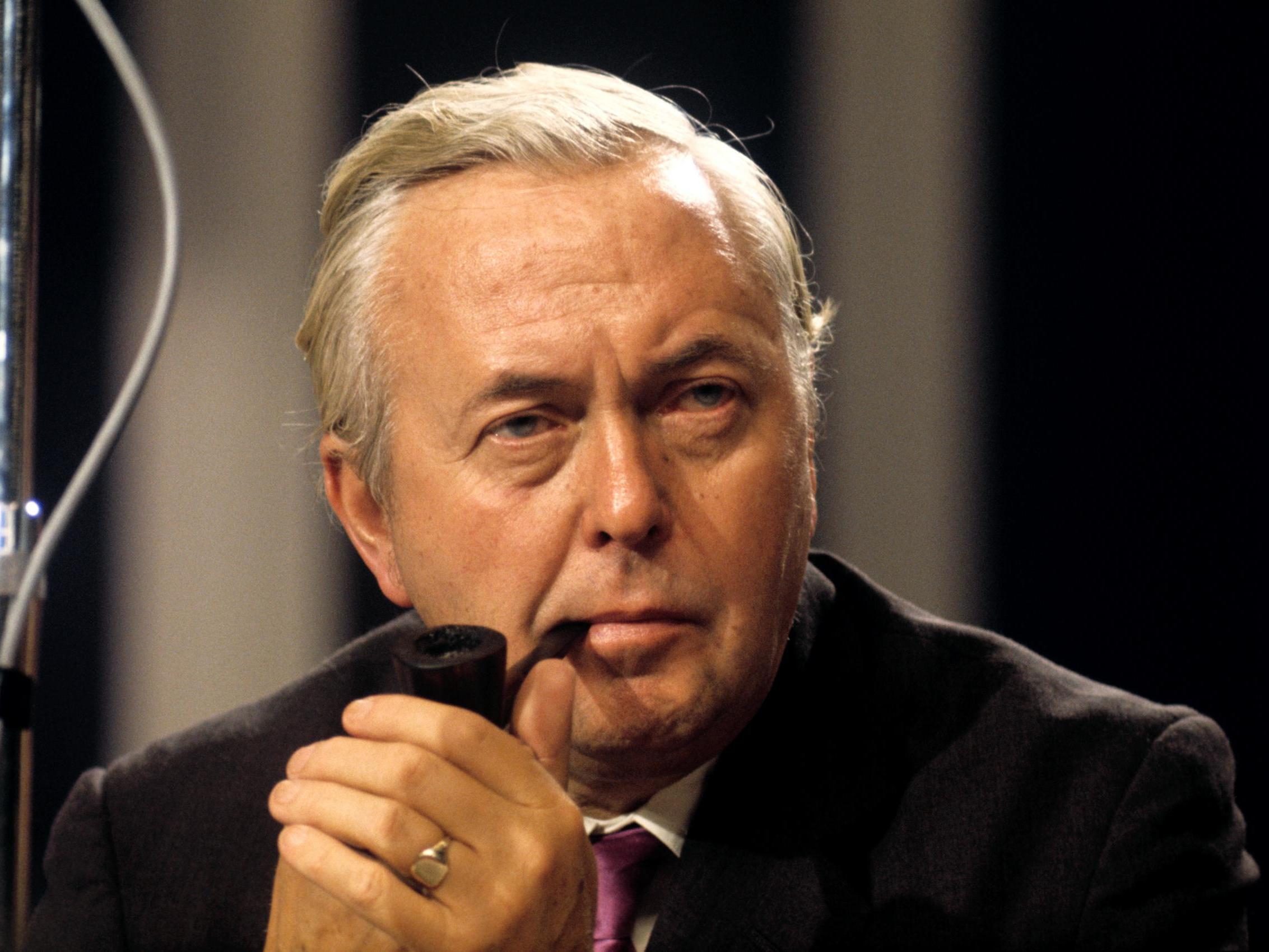
Who was your favourite Labour leader of the past 50 years, the candidates were asked in the Channel 4 TV debate last month. Rebecca Long-Bailey chose Clement Attlee. When it was pointed out that her answer was the cop-out that the 50-year limit was designed to screen out, she hesitated.
She had learnt enough by this stage of the leadership campaign to spot the trap question, such as how many marks out of 10 to give Jeremy Corbyn. If she had been asked that again, she would have known the answer was not “10” but “I’m not going to play trivial games and here is an all-purpose answer I prepared earlier”.
Now, she realised that the “favourite leader” traps were marked “Jeremy Corbyn, loser” and “Tony Blair, hate figure”, and so she ended up naming one of her predecessors in Salford, Frank Allaun, as her “favourite MP”.
That wasn’t the question, but as it happens Allaun fits the ideological profile for which Long-Bailey was aiming rather better than Attlee. Allaun was a stalwart of the Campaign for Nuclear Disarmament – so much so that, although he was probably not a spy, the Soviet Union could rely on him to take its line anyway; and he was founding president in 1973 of the Campaign for Labour Party Democracy, the faction that became the Tony Benn leadership campaign.
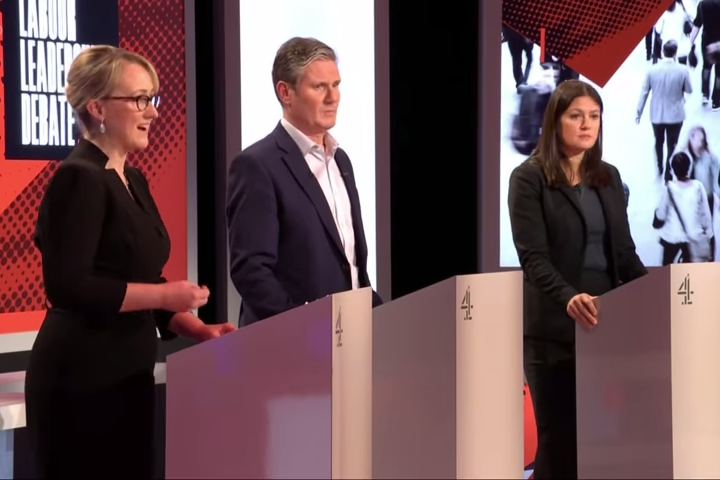
Attlee, on the other hand, went behind the back of his cabinet to give Britain the Bomb, founded Nato, imposed austerity, and joined the Americans to take the country to war in Korea. But not many people Long-Bailey’s age remember Allaun, whereas they all think that Attlee was a socialist saint.
Still, these diversions gave Keir Starmer time to think about his answer. He chose Harold Wilson, “because he got the party to unite behind him”. This was an answer designed not to set the members’ pulses racing, but to deflect a trick question by naming a reasonably successful leader and using him to reinforce the Starmer campaign theme of unity.
Lisa Nandy went last, and had used the time to think to best effect. Her answer was: “I’m hoping we are about to elect her.” Neatly done, making use of the feeling that it is about time the Labour Party had a female leader, which she did again when pushed to name someone other than herself: “The best that never was – Barbara Castle.”
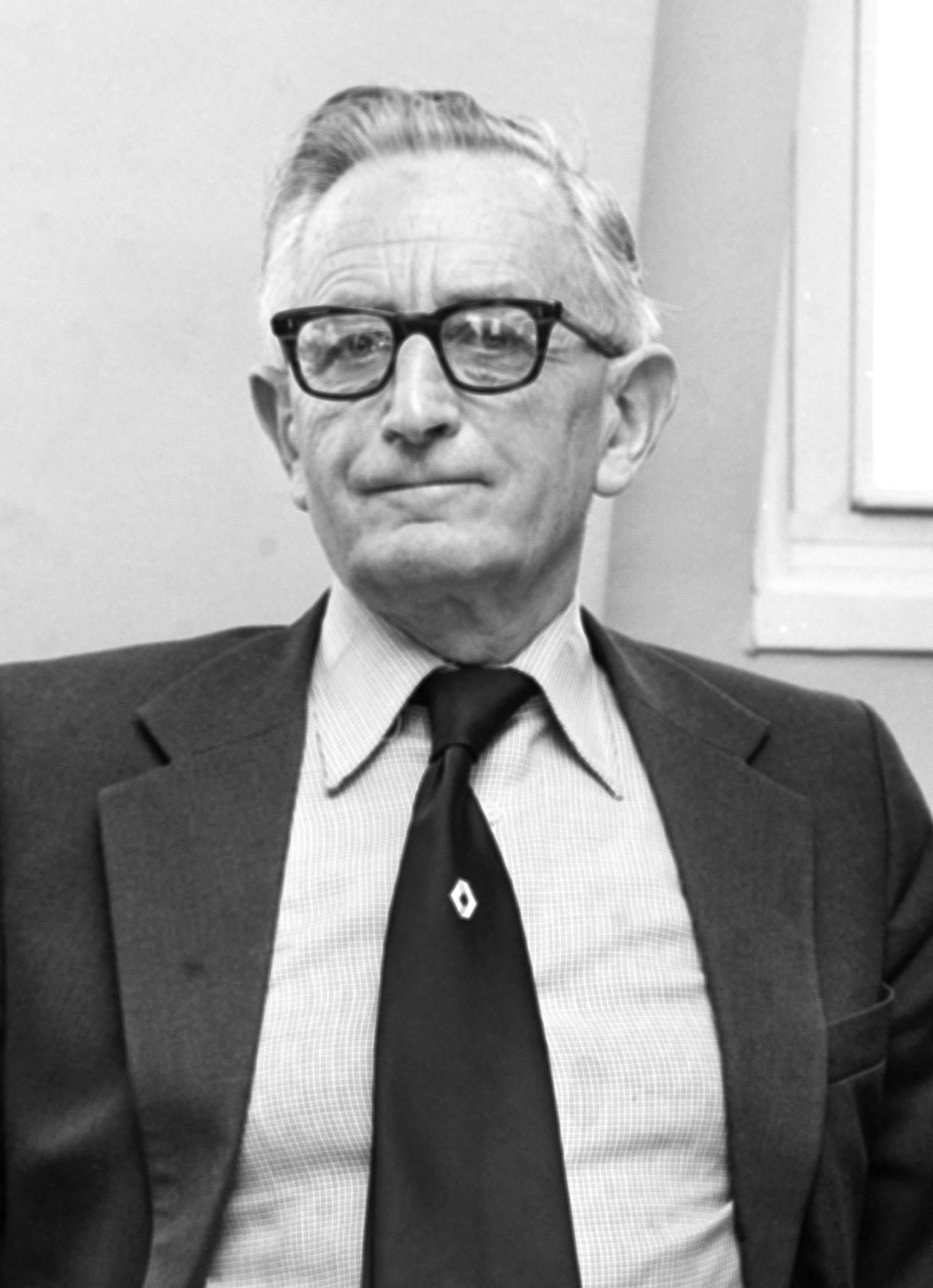
It was one of those episodes in the Labour leadership campaign that shone an accidental light on all three candidates. But above all on Starmer, expected to be announced the winner on 4 April, at a ceremony that will take place – for coronavirus reasons – in the equivalent of an empty stadium.
And it shines a light on the current strange state of the Labour Party that Wilson, once a byword for slippery opportunism, is now the safe answer to a question of this kind.
The subtext about Wilson is that he is the only Labour leader in that 50-year period, apart from Blair, who won elections. Indeed, Wilson’s more factional supporters – he does have them, although Starmer isn’t one of them – argue that he won four, as if that puts him ahead of Blair in the election-winning league table.
Only one of Wilson’s wins, however, in 1966, produced a sustainable parliamentary majority (of 96). The others produced a majority of four (1964), a hung parliament with Labour the largest party (February 1974) and a majority of three (October 1974); but he also lost an election (1970) and was prime minister for eight years altogether, against Blair’s 10.
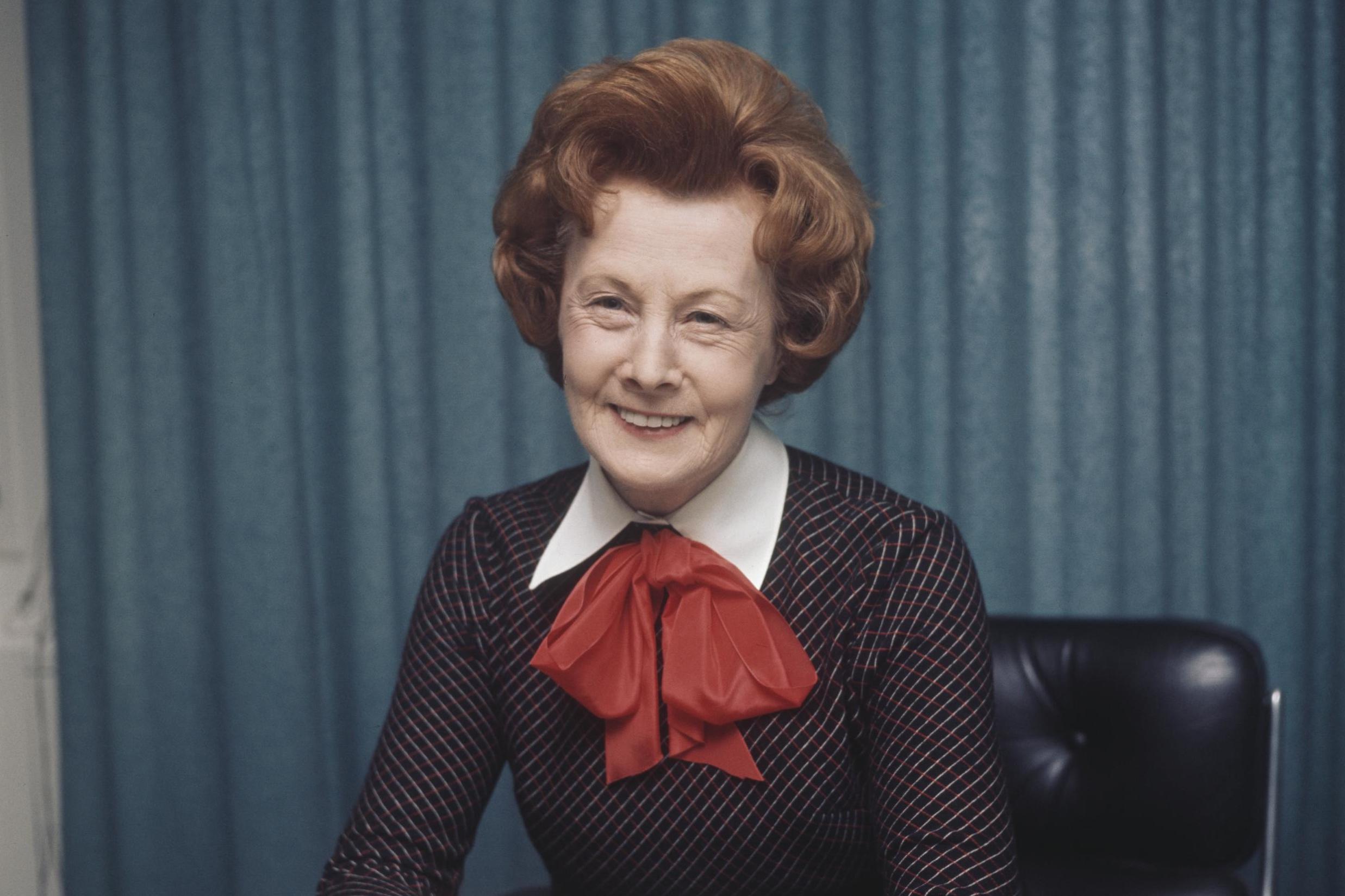
I suppose if Starmer ends up being prime minister for as long as eight years, he won’t mind being compared to Wilson. But, as he started it, let us compare him. Starmer could be like Wilson in that he is coming to the leadership by pretending to be more left-wing than he is. Part of his pitch for the top job is that he, like Wilson, can hold together a bitterly divided party.
Indeed, like Wilson, Starmer sought to keep the party united by proposing a referendum on Europe. Wilson pledged a referendum in the 1974 elections, a constitutional innovation that was enacted once he was in government, and which kept Britain in the EEC. Starmer persuaded the party to fight the last election on a promise to hold a new referendum – it would have been the third, after 1975 and 2016 – but, although the policy just about held the party together through the election campaign, it won’t be enacted for some time, if ever.
Wilson approached the European question the way he did any divisive question. He tried to find the middle position in the party and advocate that. On Europe that straddling eventually proved impossible, which is when he resorted to the device of compromise. But on most questions, a middle position could be sustained for a surprisingly long time.
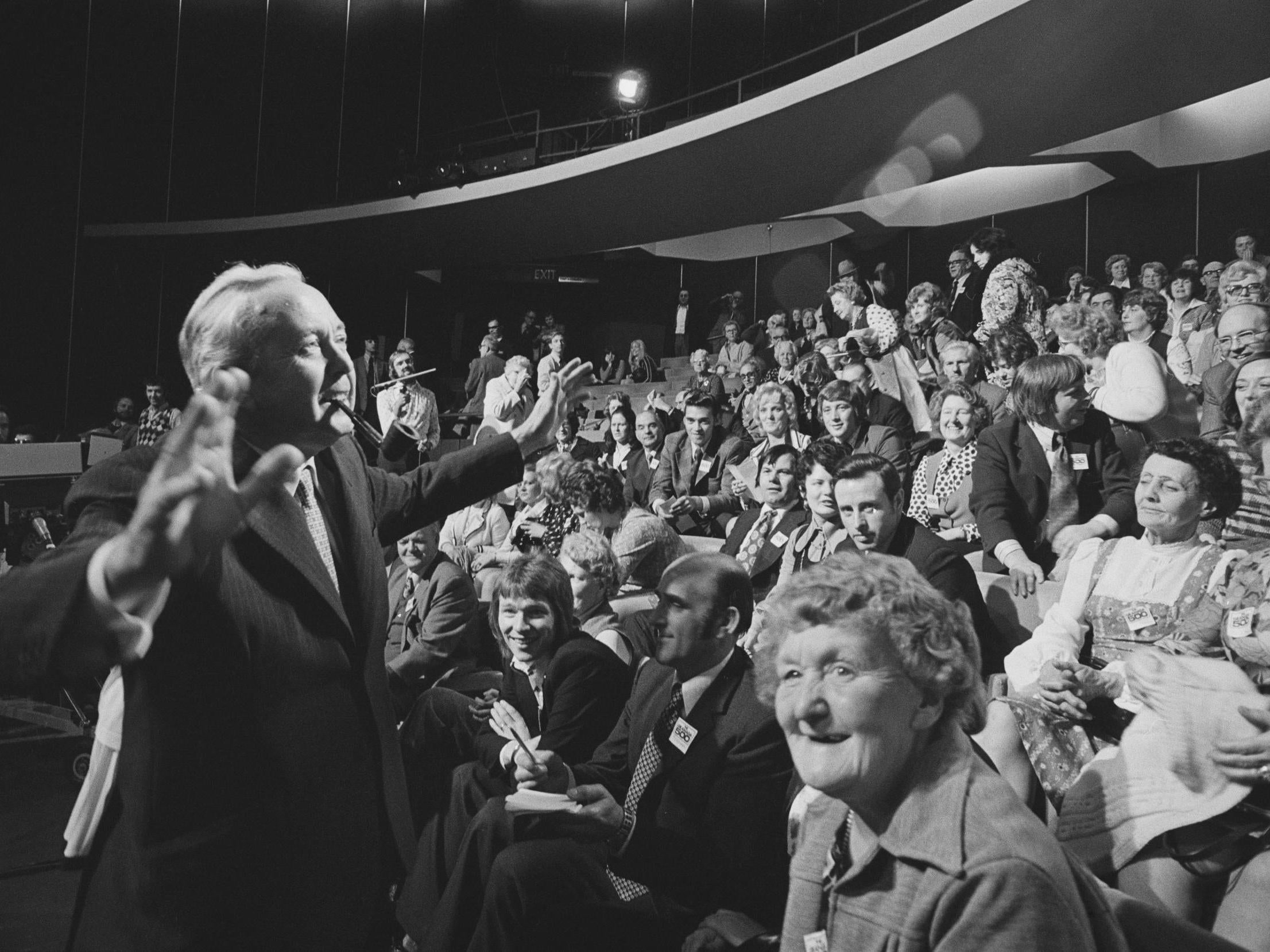
When Hugh Gaitskell, Wilson’s predecessor as Labour leader, tried to rewrite Clause IV of the party’s constitution, which committed it to the “common ownership of the means of production”, Wilson said it was like trying to “take Genesis out of the Bible”. He had no more intention of nationalising everything than Gaitskell had, but saw no need to take up arms against those in the party for whom it was a comforting catechism.
Thus Starmer has defended the policies on which Labour under Jeremy Corbyn fought the last two elections. In particular, he remains committed to nationalising rail, mail, water and energy companies. All of them were in the public sector in Wilson’s time, so the parallel between Clause IV then and renationalising utilities now is not exact. But the similarities remain.
Wilson, having started out on the left, was by 1963 already seen as a technocratic pragmatist
In fact, Wilson was seen as more of a left-winger when he became leader on Gaitskell’s death in 1963 than Starmer is now. Wilson had made his reputation by resigning in protest against charges for false teeth and spectacles on the NHS in 1951 – charges imposed by Gaitskell, as chancellor, and approved by the sainted Attlee.
Starmer, on the other hand, was a supporter of Ed Miliband, and took part in the so-called chicken coup in 2016, when most of Labour’s shadow ministers resigned from the front bench in protest against Corbyn’s eagerness to accept the result of the referendum on EU membership. But he returned to the front bench soon afterwards and has been conspicuously loyal to Corbyn ever since.
That combination of mild leftiness, Europeanism and loyalty seems to have served Starmer well, and leaves him in an ideological position quite close to Wilson’s when he ran for the leadership against two candidates from the Labour right, James Callaghan and George Brown.
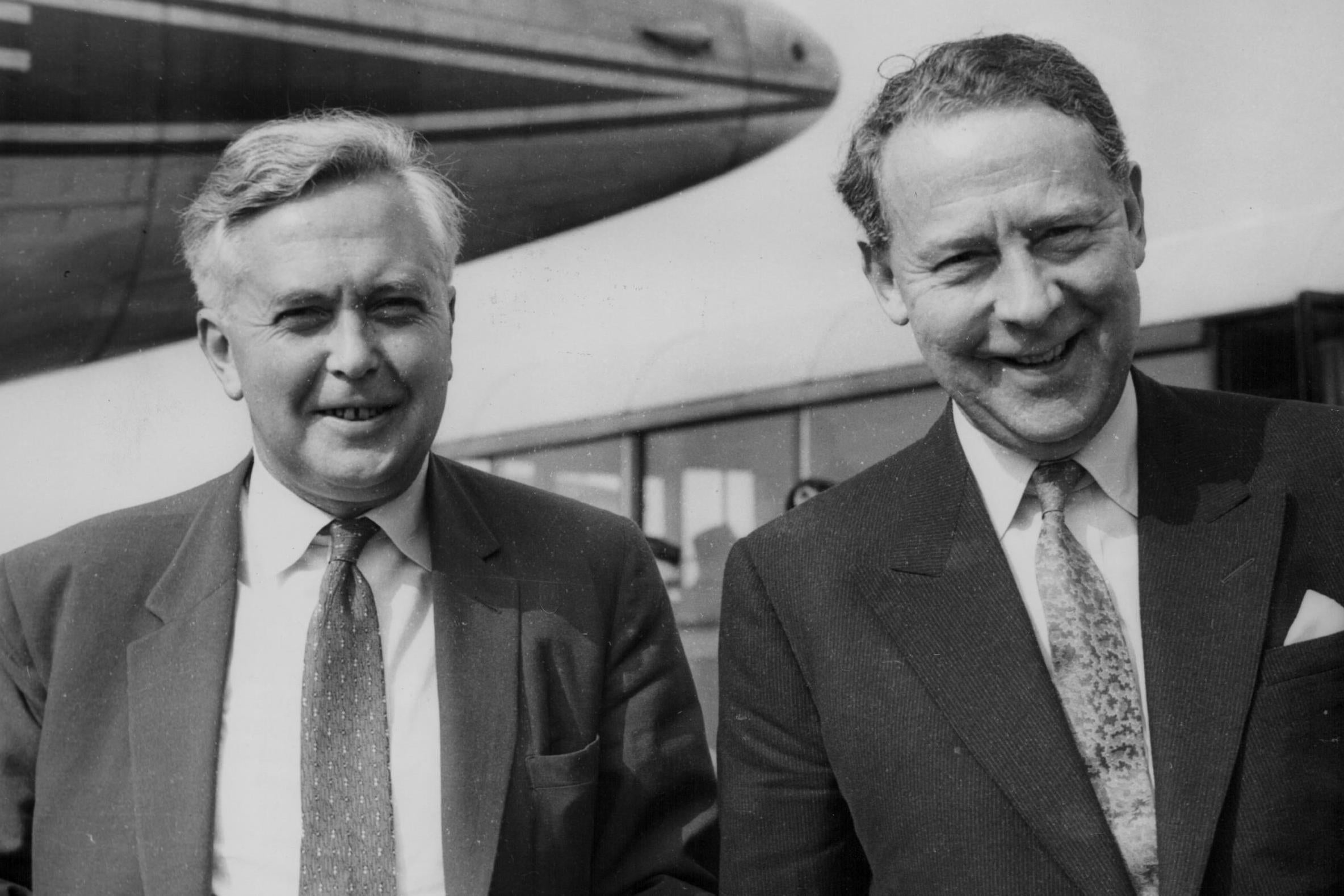
Wilson, having started out on the left, was by 1963 already seen as a technocratic pragmatist. Above all, he was seen by Labour MPs – who elected the leader until 1981 – as the unity candidate, and the best placed to present a youthful, modern and competent challenge to the Conservatives after their 13 years in power.
Starmer has followed a slightly different trajectory to end up in a similar position: although he is not a Corbynite, he has earned the respect of many Corbyn-supporting members because he fought the good Remain fight, because he stresses unity, and because he radiates competence.
The rest of the comparison with Wilson will have to await Starmer’s assumption of the leadership. Two big questions ask themselves: how much will he then disown the Corbynite legacy; and whom will he appoint to the shadow great offices of state?
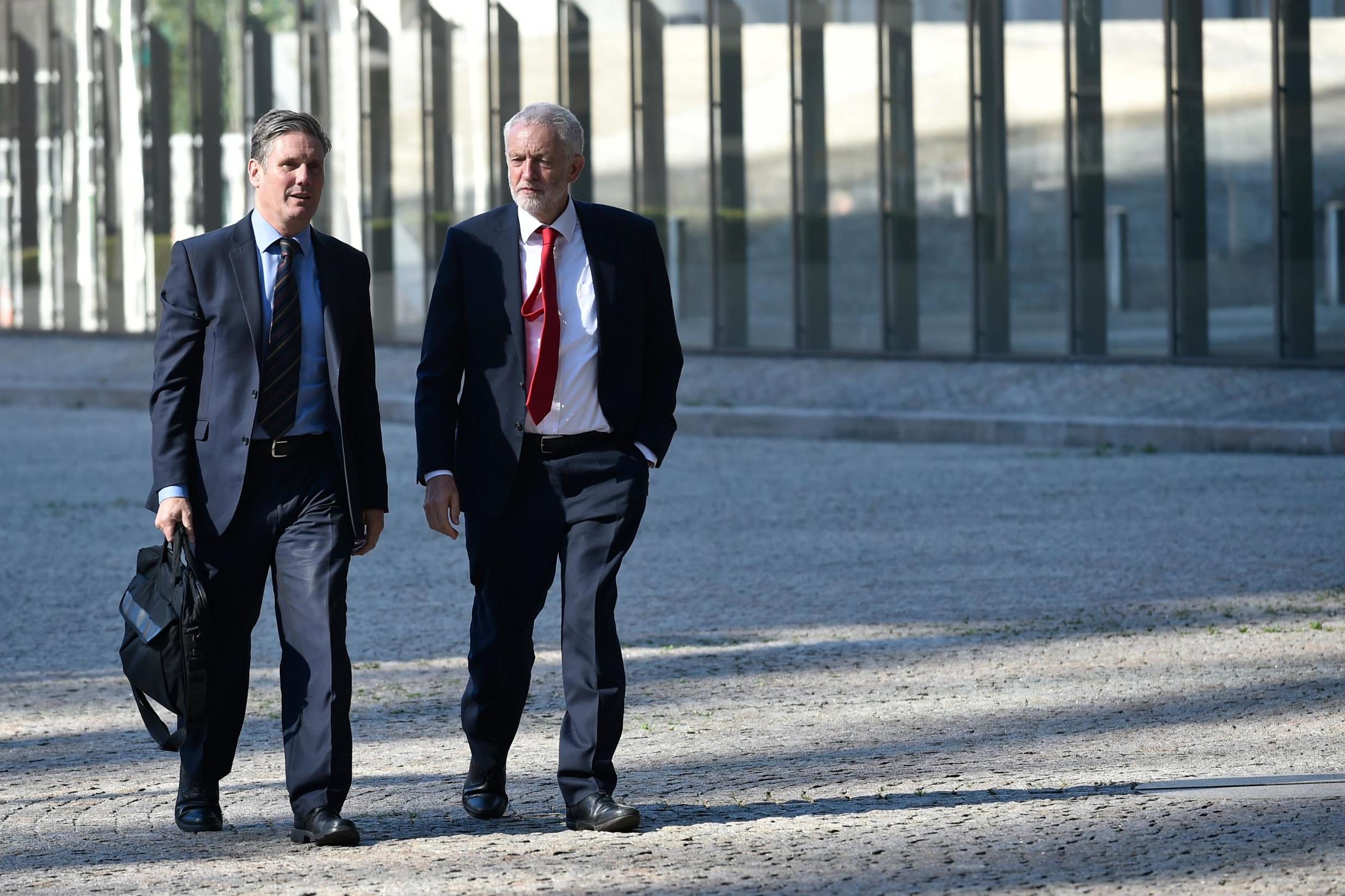
The Wilsonian path would be to delay the point at which the so-called left cry betrayal. But Wilson wasn’t leader of the opposition for long, and in government he found himself overtaken by events and by the student radicalism of the late Sixties. His economic policy was unravelled by the sterling crisis of 1967; and he kept Britain out of Vietnam but was condemned as a warmonger poodle of the US nonetheless.
Nothing in Starmer’s record suggests he will opt for the Gaitskell or Blair model of fighting the party he loves as a way of demonstrating his authority to the country. I expect he will do the equivalent of keeping Genesis in the Bible: retain the policies he has inherited, while quoting Nye Bevan, another hero of the left, on the subject of priorities, and let the sleeping dogs get as much rest as possible.
The nature of great leadership is you put in the best people, deal with the fallout and hold it together
But he is likely also to imitate Wilson in appointing able people to the top jobs. When Ed Balls came to talk to our students at King’s College London recently, he criticised Theresa May: “She made a terrible mistake when she became prime minister, of not having the strongest people around her, because she put weaker people into key jobs thinking they would fail. In the end, she failed.
“If you go back to Harold Wilson, his great strength as prime minister was that he never put the second-rate people in the top jobs, he put the best people in the top jobs. He always knew that politics was complicated. It was far more factional and tense in parliament in those periods, partly because the majority was smaller.”
Thus Wilson had Callaghan, Castle, Tony Benn, Roy Jenkins, Denis Healey, Tony Crosland and later Shirley Williams in his cabinet. As Balls said: “The nature of great leadership is you put in the best people, deal with the fallout and hold it together. And the weak thing to do is to ignore delivery, and go for an easy life or the best personal outcome. If you do that, things tend to fail.”
Coincidentally, it may be that one of the beneficiaries of such an approach will be Yvette Cooper, Balls’ wife, who could well be appointed as shadow chancellor. Starmer’s pitch has been steadiness, unity and competence. That implies bringing back some of Labour’s best known names to the shadow cabinet. Cooper has the added advantage of being popular with Labour MPs, a group of people looking forward to being trusted by the leadership again.
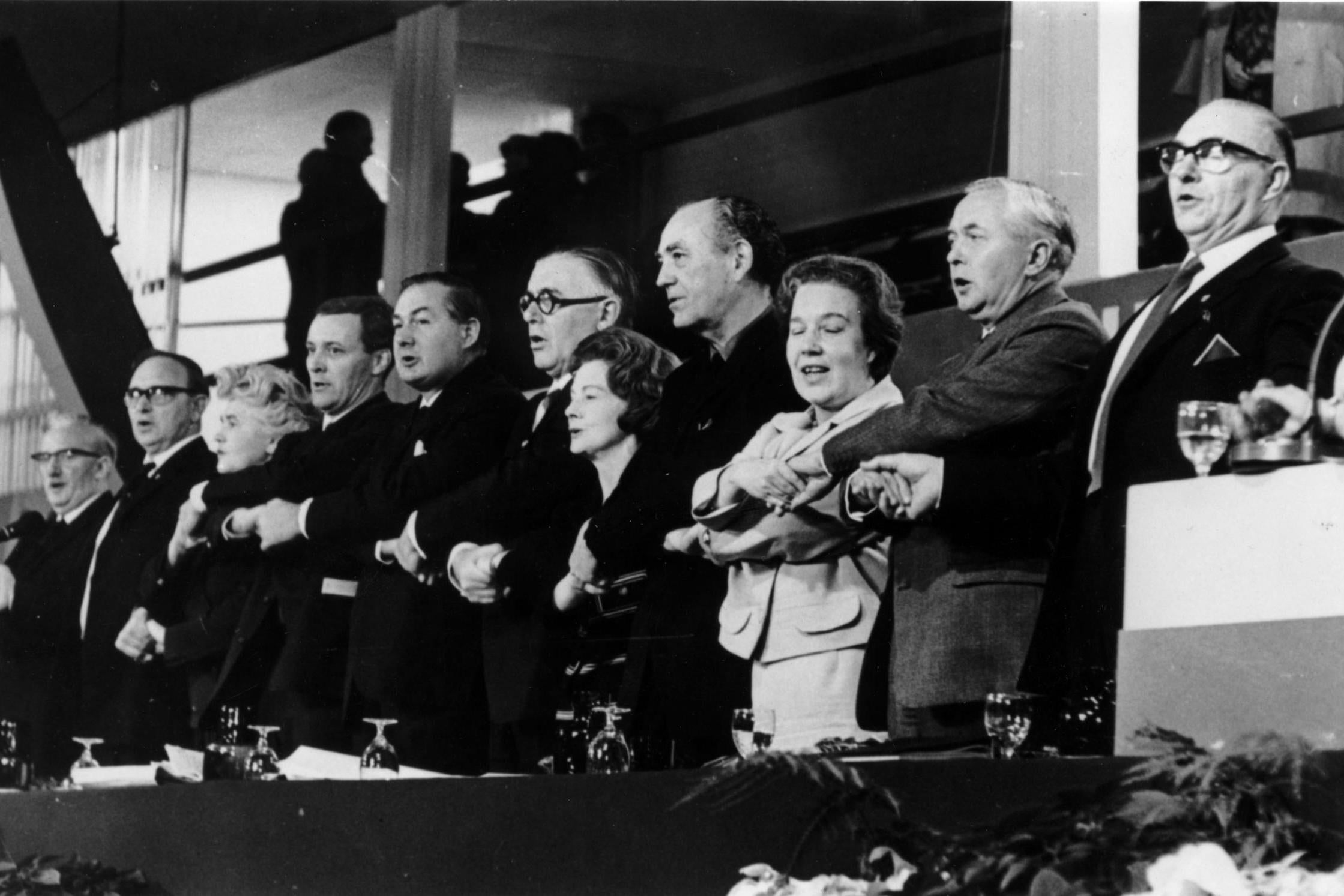
All of which implies that Starmer could rerun the “one more heave” approach of another Labour leader with whom he has some things in common. John Smith was also a lawyer and a forensic performer at the despatch box. Balls told our class “he was a great man”, but Smith decided that if he had been leader in the 1992 election instead of Neil Kinnock, Labour would have won, “and therefore nothing else really needed to change, because he was now the leader”.
It is striking that Rebecca Long-Bailey and Lisa Nandy have both used the line that ‘it is not enough just to change the man at the top’
As it turned out, that was probably true, because the European exchange rate mechanism crisis five months after the 1992 election humiliated the Conservative government and ensured that Labour would win whoever was leader. But that wasn’t the view of Tony Blair and Gordon Brown at the time, as Balls said. “It’s a bit like there are some people in the modern Labour Party who will say we had a good manifesto [in 2019], it was just the wrong leader; and other people will say the manifesto was a problem as well. John Smith supported the ‘manifesto was fine but it was the wrong leader’ camp; and Gordon and Tony had the analysis that the manifesto wasn’t good enough either.”
It is striking that Rebecca Long-Bailey and Lisa Nandy have both used the line that “it is not enough just to change the man at the top”, and it is possible that tensions will grow between the one-more-heavers and those who argue that Starmer needs a more decisive break with the party’s recent past.
But I do not get the impression that Starmer intends to renounce Corbynism. He will dispense with the services of Corbyn’s henchpersons on the party’s staff, but will probably keep many of Corbyn’s shadow ministers – they will be allowed to fail at their own pace. As for the policies, it is surprising what can be done with a shift of emphasis here and a new priority there.
Blair took on his party’s holiest shibboleths partly in order to dramatise to the electorate how much Labour had really changed, but he also made the argument that real radicalism is not about nationalising things. Starmer could develop the second part of that approach without the first.
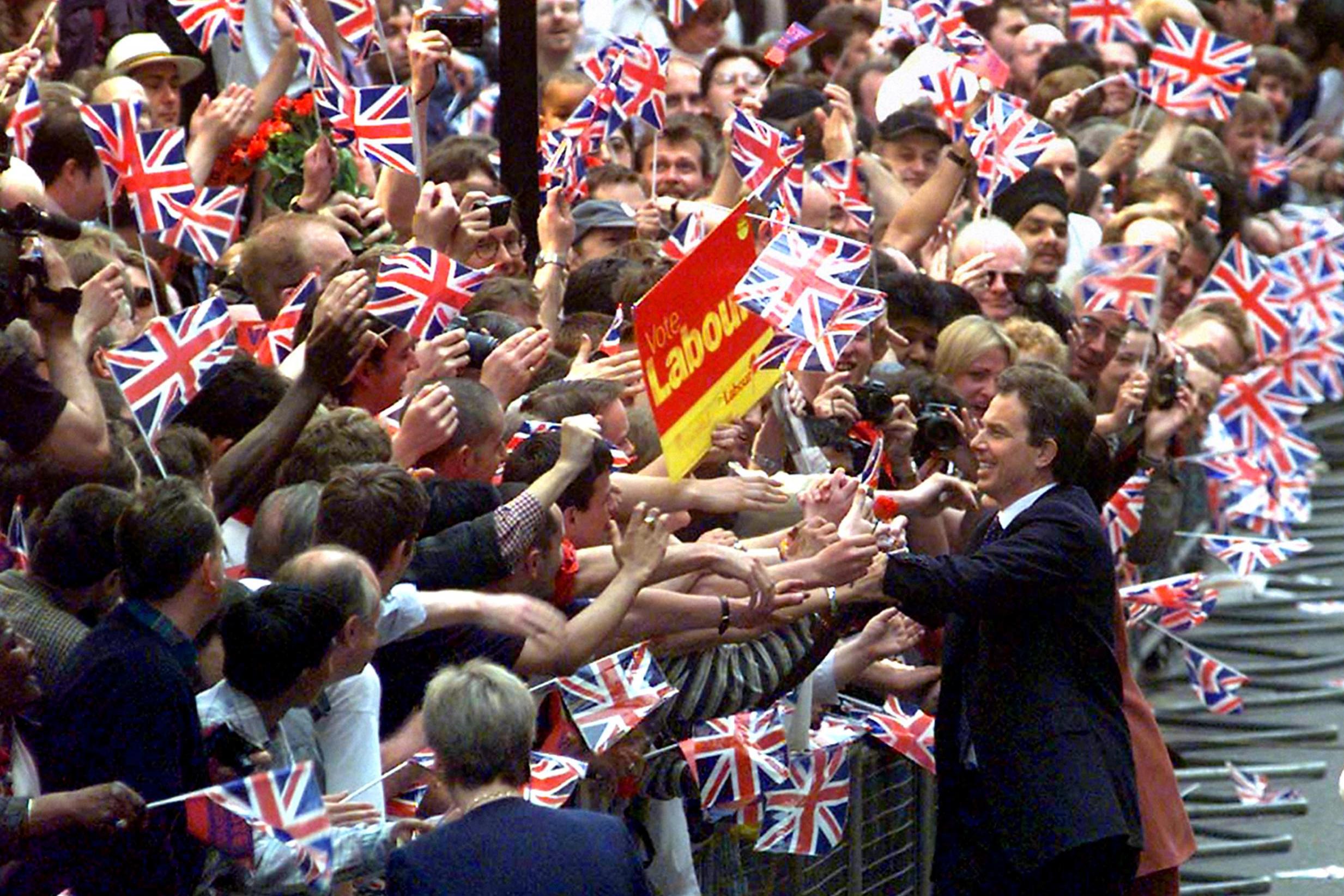
Temperamentally, I think Starmer would be sympathetic to the case made by Chris Clarke in his book, Warring Fictions, that the Corbynites in the Labour Party are not that different from the non-Corbynites in their values. The difference lies in a world view that tends to see the world as conspiring against them – and particularly against Jeremy. With Jeremy out of the picture, and after the shock of the 2019 election defeat, it may be that the majority of Labour’s half-million members are more willing to make common cause with the minority previously denounced as Blairites.
It is a curiosity that Blair’s politics were formed in rebellion against the failures of the Wilson-Callaghan period. When Blair joined the party, Wilson’s reputation was at its lowest: he was a difference-splitter, always manoeuvring and balancing to keep the party united, with him at the top of it. But as I say, I think Starmer won’t mind being compared to Wilson if, like him, he wins his first general election – even with a majority of just four.
Join our commenting forum
Join thought-provoking conversations, follow other Independent readers and see their replies
Comments